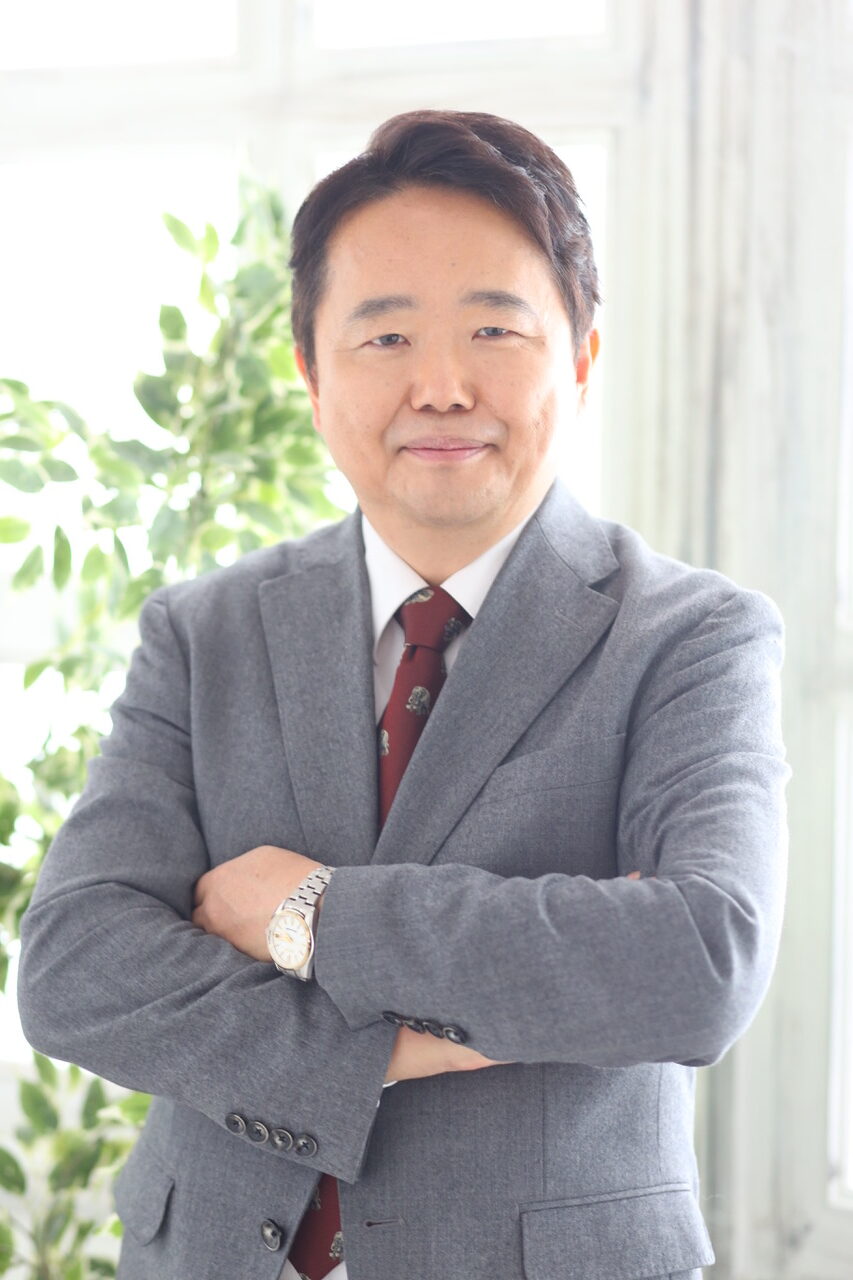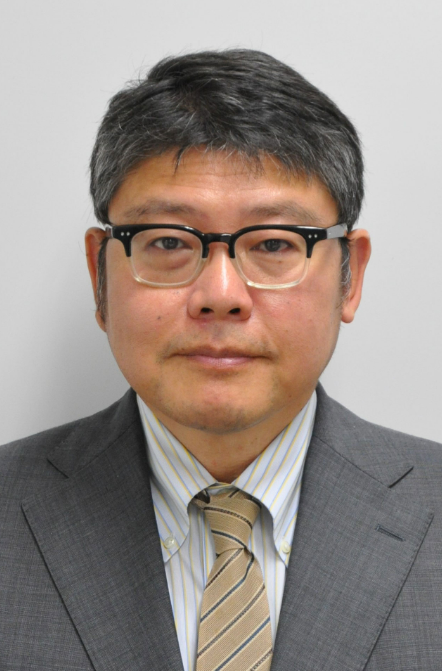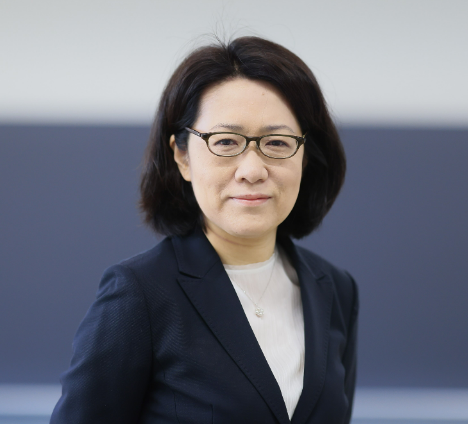International Association for Reconciliation Studies (IARS)
[Event Report] 2nd Annual Conference of the International Association for Reconciliation Studies – Tokyo 2021 (Online)
Although it was held online, the first Annual Conference of the International Association for Reconciliation Studies in Asia took place from August 5th to 7th, 2021. The program, official invitation, and selected video recordings from the event are available on the website of the International Association for Reconciliation Studies. Below are the official call for participation and the event program from the conference.
A deep cultural bond between human beings leads us to focus on the universalities of humanity and connections between the identity of the individual and the collective, and the collective to the social and natural environment. The integrity of these multi-dimensional relationships is often threatened by lack of understanding, anger, inequality, injustice, and violence. Empathy and common understanding enable us to overcome these challenges and make progress toward peace and reconciliation.
Reconciliation seeks to create future-oriented relationships between nations, groups, social organizations, and individuals who have been affected by contemporary power interests as well as past memories of violence, enslavement, colonialism, and Apartheid. These relationships developed through reconciliation are meant to contribute to the prevention of wars, genocide, atrocities, forced displacement, dictatorship, oppression, and other grave human rights violations and injustices.
The IARS, which was established on August 10th, 2020, has united members from all five continents. Our mission is to convene activists, academics, and politicians from all segments of society regardless of ethnicity, nationality, region, race, or gender and to support the advancement of peace and reconciliation.
The COVID-19 pandemic has challenged the traditional conceptions of boundaries between nations that prevailed in the 20th century. The global pandemic joins and amplifies other transnational issues, such as politics and the economy, public health, ideals of democracy, justice, and even human emotions themselves, facing the world in the 21st century. While physical proximity makes these issues relevant within nations, we must increasingly work internationally to address them.
We hope that our collective approach to reconciliation studies will provide a basis for cooperative cultural and educational policy and global citizenship, which will, in turn, increase our ability to address global issues facing all of us today, such as poverty, the environment, infectious disease and the clash of ethnic and national identities. Together with unification through sports during Tokyo Olympics of 2021, this conference intends to foster global cooperation around general issues of reconciliation.
The IARS is open to academics and practitioners in various fields of reconciliation and peace research, including activists, media reporters, politicians, and artists. We kindly invite you to attend our conference and join our efforts to promote values of peace and reconciliation around the world.
The Program of IARS in Tokyo, on 5th-7th in August, 2021
Day1: 5th in August: Tokyo:19:00, Germany:12:00, EST in US: 6:00
<Opening Session,Tokyo 19:00-21:00>
Chair: Prof. Asano Toyomi
(Director of WCRS[The Waseda Center for International Reconciliation Studies] )
“Welcome to Tokyo in a new world”
Keynote speech: Prof. Martin Leiner
(Director of JCRS[Jena Center for Reconciliation Studies], Jena University)
“Researching on Reconciliation in an unreconciled world”
Introducing remarks for related organizations.
1. Carter School for Peace and Conflict Resolution by Prof. Karina Korostelina:
(George Mason University, Jimmy and Rosalynn Carter School for Peace and Conflict Resolution)
“A future vision for Reconciliation: introducing next year IARS conference”
2. Prof. Yul Sohn [President of The East Asia Institute in South Korea, Graduate School of International Studies and Underwood International College, Yonsei University]
3. Prof. Atsuko Kawakita [Director of Center for German and European Studies (DESK), Department of Area Studies, Tokyo University]
4. Prof. Kijeong NAM [Institute for Japanese Studies, Seoul National University]
5. Prof. Jimmy Hsu [Associate Research Professor, Institutum Iurisprudentiae, Academia Sinica in Taiwan]
6. Prof. Naoyuki UMEMORI [Chief of Waseda Research Institute of Taiwan, Faculty of Political Science and Economics, Waseda University]
7. Prof. Atsushi Ishida [Graduate School of Arts and Sciences, College of Arts and Sciences, The University of Tokyo, 19th President of the Japan Peace Society]
8. Prof. Wenting(Florence) Yang [NCCU: National Chengchi University]
9. Prof. Taihei OKADA [Graduate School of Arts and Sciences, College of Arts and Sciences, The University of Tokyo]
Messages from interested institutions
1. A representative of Science Abroad: an Israel-based nonprofit organization that harnesses the power of senior Israeli scientists living abroad
2. “Institute of Shalom Theology for South and Korea Korea (ISSN) in PUTS (Presbyterian University and Theological Seminary )” in South Korea by Prof. Chung-Hyun Baik
3. AARMENA [The Academic Alliance for Reconciliation Studies in the Middle East and Northern Africa presentation] by Dr. phil Iyad Muhsen AlDajani [Executive & Research Director]
4. WCRS[Waseda Center for International Reconciliation Studies] by Prof. Toyomi Asano
5. JCRS [Jena center for Reconciliation Studies] by Prof. Martin Leiner
(Break)
<Panel 1: Historical Origin of Reconciliation in Asia, 21:10 -23:10: Tokyo>
Chair: Barak Kushuner (Cambridge University in UK)
1. Atsuko Kawakita (Tokyo University)
Repatriation of German People from Eastern Europe and Reconciliation within Europe
2. Toyomi Asano (Waseda University)
Repatriation of Japanese from Asia and Reconciliation with Asia
3. Kijong Nam (Seoul National University)
Post-war South Korea and Post-war Japan
Discussion: Barak Kushuner
Discussion: Karina Korostelina
Day2: 6th in August: Tokyo:19:00, Germany:12:00, EST in US: 6:00
<Panel 2: Trauma and Healing , From Theory and Practice, Tokyo:19:00-21:00>
Chair: Francesco Ferrari [Post-Doc Research Fellow, Friedrich Schiller University, Jena]
1. Francesco Ferrari
The Irrevocable as Cultural Trauma – and its Impact on Reconciliation
2. Juditta Ben-David [PhD candidate JCRS]
Scare to approach: Mindfulness and Trauma healing in reconciliation processes
3. Luis Pena [Post doctoral fellow, JCRS]
Ecology and Spatiality of Reconciliation: the territorialization of life
Discussant:Yoshihiro Nakano (Waseda University)
(Break)
<Panel 3: Contemporary Reconciliation Between South and North Korea in Global context, Tokyo: 21:10-23:10>
Chair: Naoyuki Umemori [Prof. Waseda University]
1. Chung-Hyun Baik[Assistant Professor of Systematic Theology, Presbyterian University
and Theological Seminary in South Korea]
A Touchstone for Reconciliation and Reunification of Two Koreas:Mutual Understanding and Embrace between North Korean Refugees and South Koreans
2. Miae Yoo [PhD candidate JCRS]
Challenges of Psychological Integration among North Korean Refugees in South Korea:
Implications for Inter-Korean Reconciliation
3. Satoru Miyamoto [Prof. Seigakuin University]
Satoru Miyamoto [Prof. Seigakuin UniverNorth Korea’s Worldwide Participation in Wars: Is it possible for North Korea to Reconcile with the US and its ally?
Discussant: Ria Roy [Ph.D candidate in Cambridge University]
Discussant: Jahyun Chun (Associate prof. Yonsei University)
(Break)
Panel 4: Reconciliation in Societies with Difficult Past, Tokyo: 23:20-25:20>
Chair: Taihei Okada
1. Karina Korostelina [Prof. George Mason University]
Identity-based Approach to Reconciliation
2. Francesco Tamburini [Dr. Università di Pisa]
Reconciliation through Manipulation:How Algeria Used Monopoly on History to Survive to the Civil War?
3. Abderrazak MESSAOUD [Research Assistant, Ibn Khaldon Center for Humanities and Social Sciences, Qatar University] NO PAPER
Factors Affecting Moroccan Reconciliation Initiatives: an Exploratory Investigation
4. Abdulrahman Saeed Alkuwari [Internal Security Forces, Qatar, Research Assistant, Ibn Khaldon Center for Humanities and Social Sciences, Qatar University]
Examine the importance of Turkey’s intervention as part of the international negotiation team to resolve the Azerbaijan-Armenian conflict.
Discussant: Engy Mohamed Ibrahim Said [PhD students in George Mason Univ]
Day3: 7th in August, Tokyo:19:00, Germany:12:00, EST in US: 6:00
<Panel 5: Role of Institution in Reconciliation, 19:00-21:00: Tokyo>
Chair: Binyamin Gurstein [Ph.D Candidate, JCRS]
1 Attila Nagy [Ph.D candidate, JCRS]
Reconciliation as a way to bring justice to future generations, in the EU neighbourhood such as Bosnia and Herzegovina, Kosovo, Ukraine and Nagorno-Karabakh
2. Vladislav Dimitrov [Post Dr. in KPI: Ukraine]
Post-Soviet Union church separation and reconciliation: Modern Ukrainian state aspect
3. Naoko Kumagai [Prof. Aoyama Gakuin University]
Reconciliation with Oneself: Process of Self-Reflection in the Controversy over Yasukuni in Postwar Japan
4. Engy Mohamed Ibrahim Said [PhD students in Carter school,George Mason Univ]
Identity Between Division and Citizenship: The Role of Institutions in Service Provision in Divided Societies
Discussant: Wenting(Florence) Yang
Discussant: Natia Chankvetadze [PhD students in Carter school, George Mason Univ]
(Break)
<Panel 6: Reconciliation over Gender and Youth, 21:10-23:10: Tokyo>
Chair: Karina Korostelina [George Mason University]
1. Abdelghani Mohamed Abdelghani Elhusseini [MA in ?]
Women as Reconciliation Actors : Religion Intersecting Hölderlin Perspective
2. Charalampos (Babis) Karpouchtsis [Ph.D candidate, JCRS]
Germany’s foreign policy of reconciliation: the new and unknown case of Greece
3. Natia Chankvetadze [PhD student at Carter School, George Mason University]
Youth in Conflict-Affected Societies
Discussant: Naomi kraenbring [PhD students in Carter school, George Mason Univ]
Discussant: Naoko Kumagai [Prof. Aoyama Gakuin University]
For further insights, some presentations from the conference are available for reading under the “Publications > Newsletters & Essays” section of our website.




